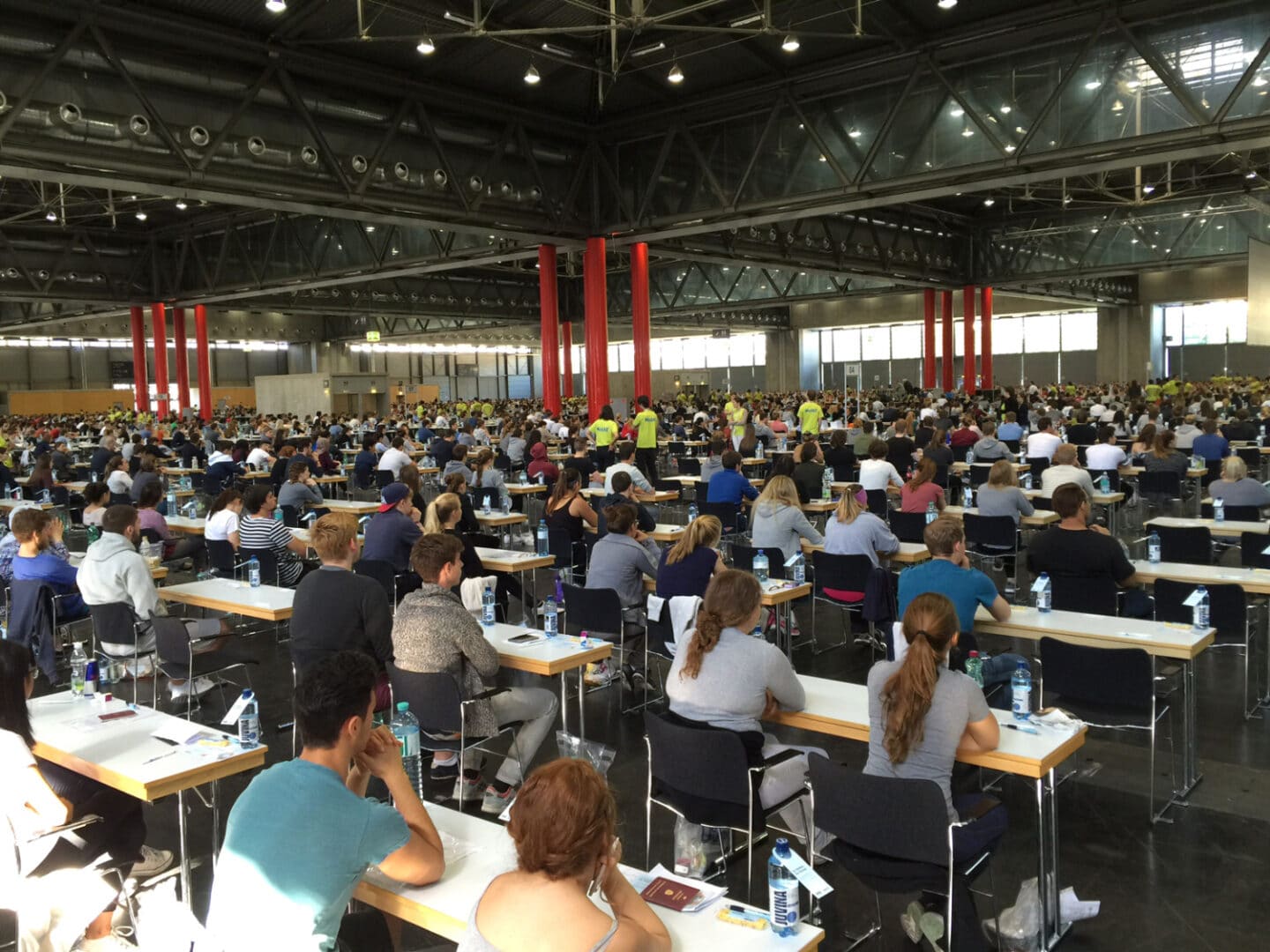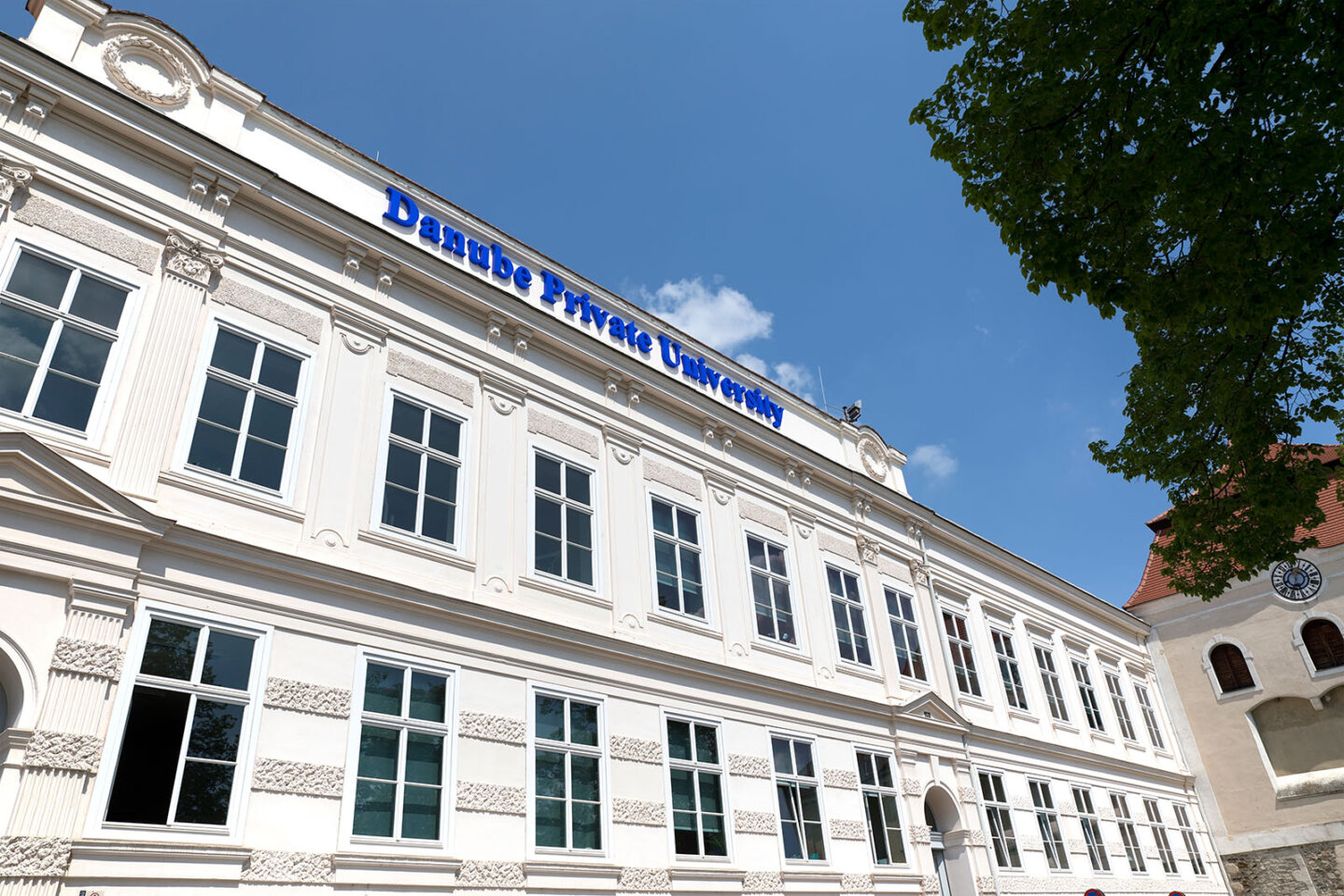
☝️ The most important facts in brief
- The licence to practise medicine in Germany is necessary for doctors
- The application is independent of the place of study
- Requirements: completed medical studies, passed examinations, knowledge of German
- Required documents: Application form, CV, copies of identity documents, medical certificate
- Special regulations for EU and non-EU qualifications and temporary professional licences
📖 Table of contents
Introduction to the licensing process
In Germany, the state licence to practise medicine, known as Approbation, is essential in order to work as a doctor. This article explains the exact meaning of the licence to practise and the process of obtaining it. At the end of a Medical studies abroad is the academic degree, not the licence to practise. The licence to practise medicine must be applied for after graduation, regardless of where you studied. Sometimes it can happen that someone who has successfully completed their medical studies does not receive a licence to practise medicine. The acquisition of a licence to practise medicine in Germany and its significance is regulated by the respective state medical association, the licence itself is valid nationwide once issued and is unlimited in time.
In addition to a licence to practise medicine, compulsory membership of the relevant medical association is also required. Germany has a total of 17 medical associations, one for each federal state, with North Rhine-Westphalia having two. The exact responsibilities and addresses of the licensing authorities in each federal state are important for the application process. Here you will find a list of all German Medical Associations.
Basic requirements for the licence to practise
The requirements for the granting of a licence to practise are set out in Section 3 (1) of the Federal Medical Code defined. An applicant must:
- are not unworthy or unreliable in the exercise of their profession,
- be medically fit to practise the profession,
- have successfully completed a medical degree programme of at least 5500 hours and six years duration, including practical training of eight to twelve months
- have passed the medical examination within the scope of the law and
- have sufficient knowledge of German
Application procedure and required documents
Applying for a licence to practise requires various documents, which are usually available in German or English or must be officially translated. These include
- an application form from the competent authority
- a current curriculum vitae
- Copies of the identity card and birth certificate
- an official certificate of good conduct
- a declaration of impunity
- as well as a medical certificate of medical fitness
- the certificates of completed medical training
Fees of between 150 and 1,000 euros are charged for processing the application.
Special features of studying medicine inside and outside the EU
The EU Professional Qualifications Recognition Directive regulates the recognition of qualifications within the member states. Medical qualifications from other EU countries are recognised if they meet certain criteria. For qualifications from non-EU countries, proof of equivalence is required, either through an equivalence report or a successful knowledge test.
Professional licence as an alternative to a licence to practise
Persons who cannot provide proof of equivalent training from third countries can, under certain conditions, receive a temporary professional licence in accordance with Section 10 BÄO, which is normally valid for a maximum of two years.
Overall, the path to a licence to practise in Germany is a detailed, regulated process that requires precise preparation and an understanding of the legal requirements.





